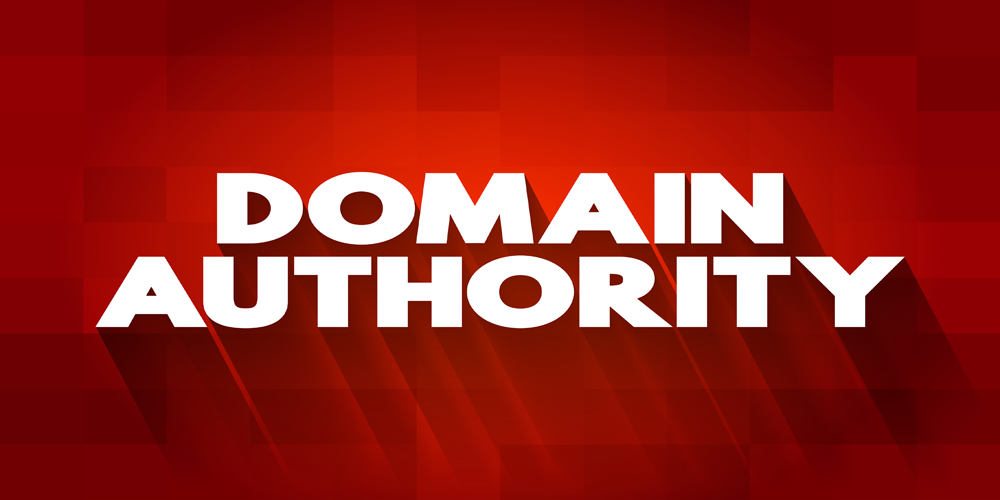
Domain Authority and why is it important?
Domain Authority (DA) is a metric devised by Moz to estimate a website’s potential to rank in search engine result pages (SERPs). It operates on a scale of one to 100, with higher scores indicating a greater likelihood of ranking well.
The calculation of Domain Authority incorporates various factors such as linking root domains and total link count. It utilizes a machine learning model to analyze data from Moz’s Link Explorer web index, correlating it with actual search results to generate a predictive score.

Calculating Domain Authority
Domain Authority (DA) serves as a crucial metric in the realm of search engine optimization (SEO), providing insights into a website’s potential to rank well in search engine result pages (SERPs). Developed by Moz, DA assigns a score ranging from one to 100 to websites, with higher scores indicating a greater likelihood of achieving higher rankings.
The calculation of Domain Authority involves an analysis of various factors, such as the number of linking root domains and total backlinks, amalgamated into a single score. This score facilitates comparisons between websites and enables the tracking of a website’s ranking strength over time. However, it’s important to note that Domain Authority is not a direct Google ranking factor and does not influence SERPs directly.
The process of calculating Domain Authority underwent a significant update with the introduction of Domain Authority 2.0 in early 2019. This update incorporated a machine learning algorithm to predict how frequently Google utilizes a particular domain in its search results. Consequently, a domain’s DA score is influenced by its likelihood of appearing in Google’s SERPs compared to other domains.
Due to its reliance on machine learning, a website’s Domain Authority score may fluctuate over time as new data points are incorporated into the calculations. For instance, if a website like facebook.com were to amass a substantial number of new links, the DA scores of other websites might decrease relative to Facebook’s. This phenomenon occurs because established domains with authoritative link profiles tend to dominate the higher end of the DA scale, making it more challenging for other websites to achieve higher scores.
It’s essential to use Domain Authority as a comparative metric rather than an absolute measure. While it can offer valuable insights into a website’s SEO potential, it’s crucial to consider it alongside other factors and metrics when devising an SEO strategy. By understanding and leveraging Domain Authority effectively, website owners and SEO professionals can optimize their online presence and improve their rankings in search engine results.
Check Your Site’s Domain Authority
To check your site’s Domain Authority, Moz provides tools like Link Explorer and the MozBar, as well as integration with various SEO platforms.
There’s no universally “good” or “bad” DA score; it depends on the competitive landscape. Aim for a higher score than your direct competitors. Improving your site’s overall SEO, particularly by acquiring high-quality external links, is key to boosting Domain Authority.
Because Domain Authority serves as an indicator of a website’s potential to rank amidst its specific competitive sphere, selecting a target DA should not occur in isolation. Instead, examine the DA ratings of direct competitors within search engine results pages (SERPs) and aim for a higher score than theirs.
Utilize DA as a comparative tool when analyzing competitors within your targeted SERPs who possess stronger link profiles than yours, as these are your true competitors. As the metric is relative, there’s no universally “good,” “average,” or “bad” Domain Authority score; the assessment depends on the context of the competitive landscape.
To enhance your Domain Authority, focus on enhancing your site’s overall SEO health, with particular emphasis on augmenting the quality and quantity of external links pointing to your website.





